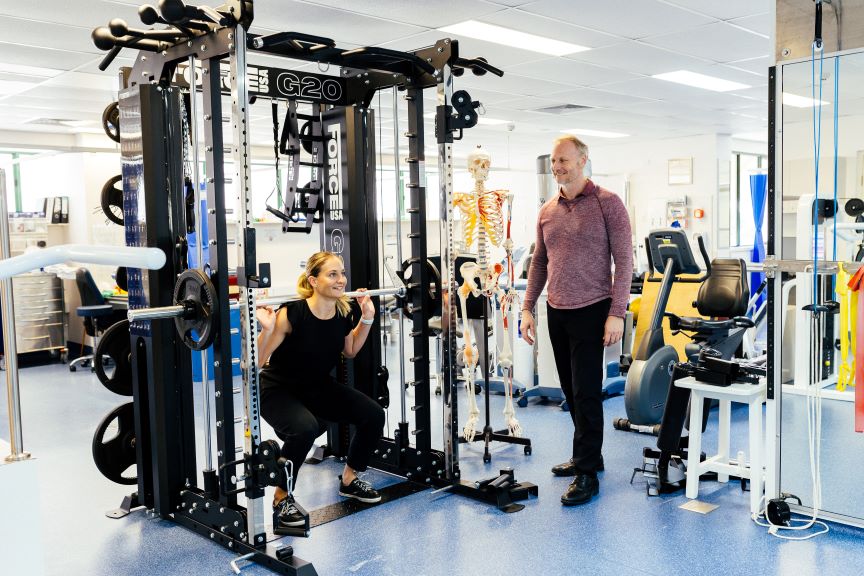
Ever wondered about the magic that happens when you move? Jason Simpson, our dynamic Director of Physiotherapy at Bundaberg Hospital, spills the beans on how exercise isn't just about reps and sets, but a mental health game-changer too!
"As a Physiotherapist at Bundaberg Hospital, I've witnessed firsthand the transformative power of exercise on mental health," says Jason Simpson. "It's not just about staying physically fit, it's about nurturing a healthy mind too."
Regular exercise, irrespective of age, offers a path to not only longevity but quality of life. It acts as a potent defense against chronic ailments while also enhancing cognitive function and bolstering emotional resilience in the face of stress. Furthermore, it can be a valuable ally in mitigating the side effects of certain medications, such as weight gain, sleep disturbances, blood pressure fluctuations, and falls.
Emerging evidence highlights exercise as a highly effective treatment for both acute and chronic mental health conditions. Jason emphasises, "We're finding that exercise can be as potent as medication in alleviating symptoms of depression. For best results, combine it with your prescribed treatment plan for mental health."
There exists a wide array of activities that can make a positive impact. From invigorating walks to tranquil yoga sessions, there's something for everyone. These activities can be tailored to individual capabilities, ranging from low-intensity, leisurely pursuits to vigorous, high-intensity challenges.
The Physical Activity and Exercise Guidelines for Australians provide clear recommendations:
- Adults (up to 65 years) should aim for 2.5 to 5 hours of moderate intensity physical activity per week, or 1.25 to 2.5 hours of vigorous physical activity per week, or a combination of both. Don't forget muscle-strengthening exercises at least twice a week!
- For those over 65, at least 30 minutes of moderate intensity exercise on most days is advised.
- Young individuals should strive for a daily total of 1 hour of heart-pumping activity, including muscle-strengthening activities at least three times per week!
Remember, every little bit counts. Research has shown that reducing prolonged periods of sitting or lying down significantly amplifies the positive effects of physical activity.
This advice can be tailored advice for different mental health journeys, too. For instance, people dealing with anxiety may benefit from slower, mindful exercises like yoga, while moderate to high-intensity aerobic workouts can be particularly advantageous for individuals dealing with Post Traumatic Stress Disorder.
Patience is key when embarking on any exercise journey. "Allow at least 8 to 12 weeks to start noticing changes, though sometimes, the effects may manifest sooner," advises Jason. "Consistency is crucial for lasting benefits. Don't be afraid to mix things up, introducing new activities to keep things fresh."
Jason acknowledges that taking the first step can be challenging, especially for those grappling with mental health issues. "Start small and build up gradually. Even just ten minutes can be a great start. Exercising and being active can help your mental health condition, it’s safe to do, and even small amounts are beneficial, so don’t be discouraged if you start small."
Jason also stresses, “Your well-being is unique, so choose activities that resonate with you. Whether it's solo time, family bonding, or pet play, make it YOUR time!”